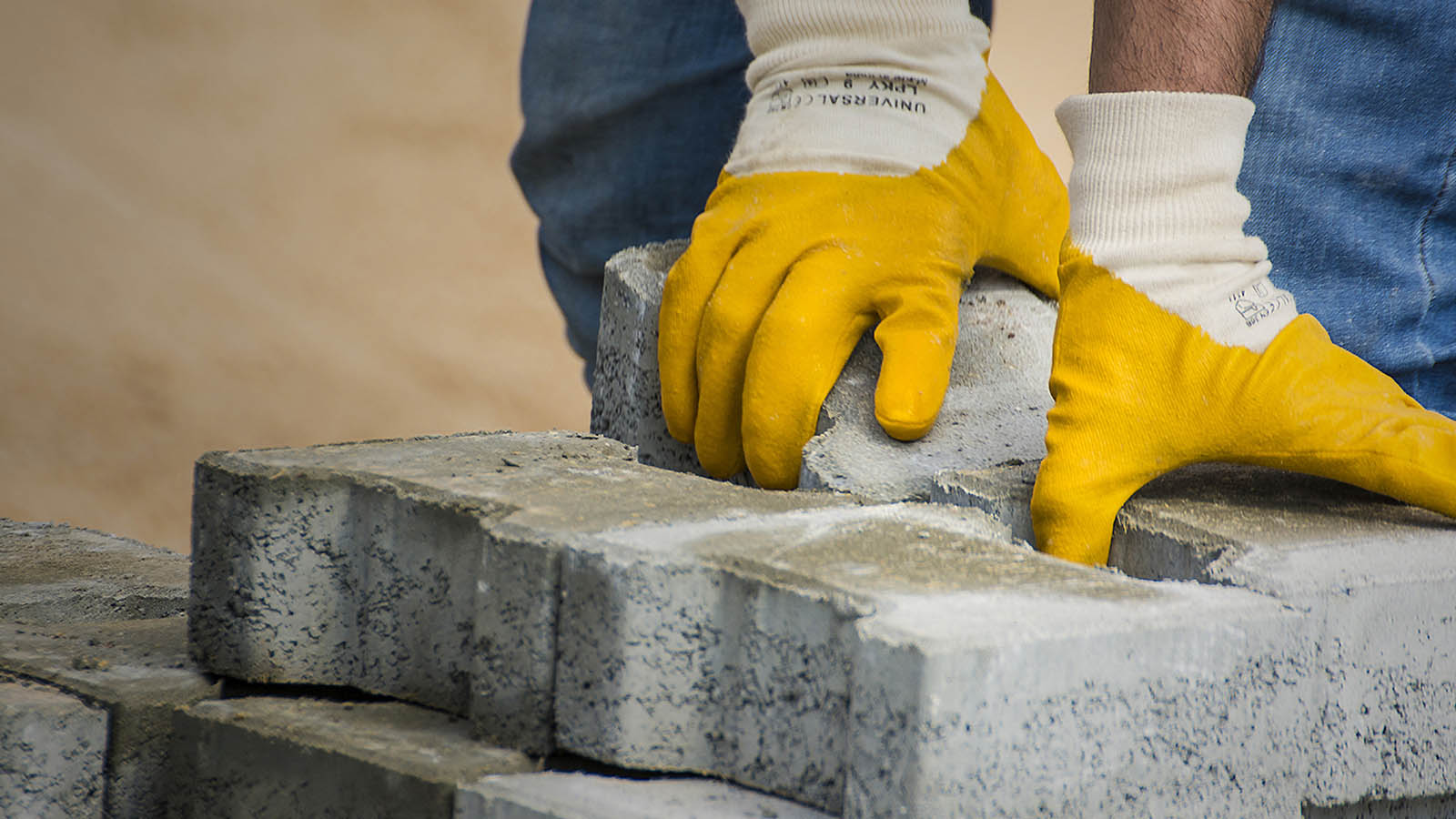Turn a Bright Light on Cost Recovery: Construction Audits in the Shadow of Coronavirus
Never miss a thing.
Sign up to receive our insights newsletter.

Even in times of disruption and unexpected closures, construction and maintenance work must continue. If you’re spending scarce taxpayer funds on such projects, leverage construction audits to make sure you’re not overpaying.
A construction audit can save money for your organization, prevent contractors from taking unfair advantage of market changes or delays, and reassure the public that you are spending bond funds and tax dollars wisely. It also can serve as a valuable mirror on your organization’s own processes and procedures. As you go through the steps of a construction audit, you and your auditor may discover areas in your operations which may need a change or improvement.
For those reasons, every construction contract should contain a “Right to Audit” clause. When exercising that right within your contract, here are some questions your construction auditor should ask.
Are the terms and conditions of the contract clear? All construction projects begin with a contract between your organization and a third party, whether that is for a contract manager or directly with vendors. To achieve the best outcomes, the contract should contain clear terms and conditions that the parties agree on before a single shovel of dirt is turned. Make sure your contracts include clear and certain terms in these areas:
- Wage rates
- Fees or markup
- Warranties
- Insurance
- Compliance terms
- Deadlines
- Damages
Does the contract contain wrong or unnecessary requirements?
By the same token, many construction contracts contain unnecessary provisions or requirements that just create more work for the vendor and for your organization.
Ask yourself: If the contract requires the vendor to submit non-financial or performance reports, did you use them? If not, is there a good reason to include these requirement? In other words, if you’re asking for documents and not using them, do you really need them? Or, should you be using them to manage and monitor your project for timeliness, safety, or other purposes?
Utilizing the contractually required information could enhance your construction operations, without additional cost or requirements to your vendors. At the same time, eliminating unnecessary requirements in future construction contracts could save time and administrative requirements for your staff as well as your vendor(s).
Has your purchasing team achieved the best value?
A construction audit, using pricing tools available on the market to verify pricing, can help determine if you received best value. If, through the audit, you determine that you did not receive market pricing, then you may need to revisit your bid procedures for future projects to add pricing verifications in order to ensure that you receive best value in the future.
The same is true for due diligence. Through an audit of construction invoices, you may discover that your organization’s processes for reviewing invoices is not precise enough and that you are not reviewing invoices in sufficient detail before payment. Make sure you are monitoring risks in these key areas:
- Credits
- Adjustments
- Fee rates
- Insurance coverage
- Appropriate support for charges
Keep in mind that you are not only validating the accuracy of invoices, you are also looking at vendor compliance with contract terms such as wage rates, change order processes and materials installed.
By addressing these questions, you can make the most of a construction audit. And for the next construction project, you will be prepared with a better system of oversight. That’s a win for everyone.
For more information, contact a Weaver professional. We’re here to help.
© 2020